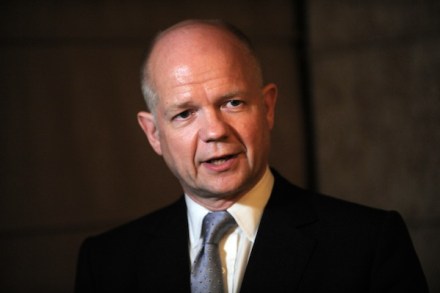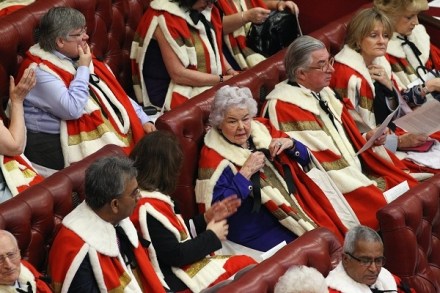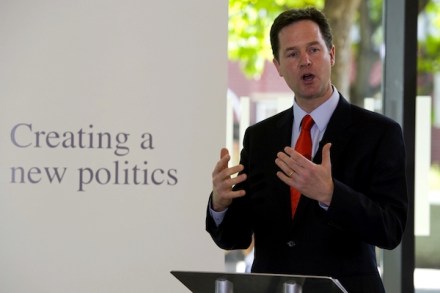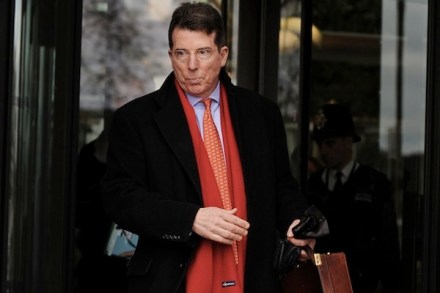No sweeteners for Clegg on Lords reform
In recent weeks, Downing Street has been repeatedly told by Tory MPs that if proposals for an elected element in the House of Lords were brought back to the Commons, the next rebellion would be even bigger than the 91 who voted against second reading. Downing Street, as the Telegraph reported this morning, has now accepted that Lords reform will have to be dropped and there is talk of a formal announcement to this effect as early as Monday. But, intriguingly, I understand that David Cameron does not intend to abandon efforts to get the boundary reforms through. This, as Isabel noted this morning, has the potential to cause a















